Egypt Travel Safety: Tips, Risks, and Safe Places to Visit
Is It Safe to Visit Egypt? Tips for 2026 and Beyond
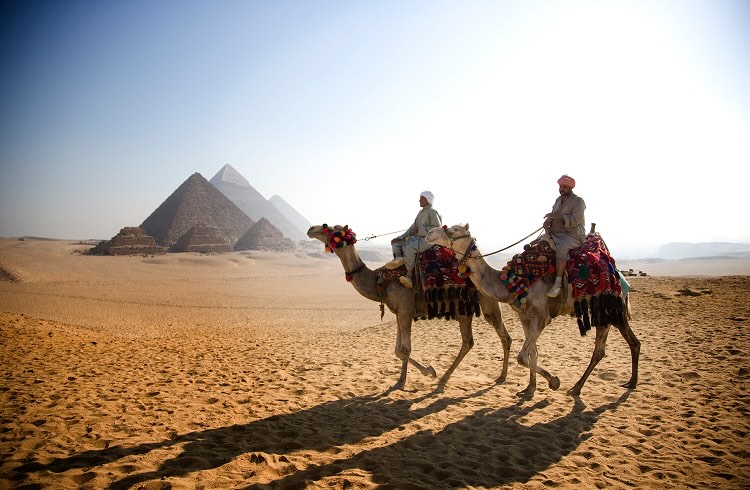 Photo © Getty Images
Photo © Getty Images
Egypt is a dream destination for many travelers. From the pyramids of Giza to the Valley of the Kings and the Red Sea’s world-class diving, it’s no surprise millions visit every year. However, the broader Middle East region can be unstable and one of the most common questions people ask is: “Is Egypt safe to visit?”
The short answer is yes — Egypt is generally safe for tourists, especially in major destinations. Like anywhere, you’ll want to be prepared, stay aware, and follow basic travel safety tips. Here’s everything you need to know about Egypt travel safety.
Understanding Egypt Travel Safety
Tourism is central to Egypt’s economy, and authorities put strong emphasis on protecting visitors. Tourist police patrol major attractions, and security checks are common at hotels, airports, and resorts.
Most travelers stick to well-visited areas that are considered safe:
- Cairo & Giza – Home to the pyramids, the Egyptian Museum, and buzzing markets. Busy but safe overall, though pickpocketing and scams can occur.
- Luxor & Aswan – Known for temples, tombs, and Nile cruises. Generally calm and welcoming for tourists.
- Red Sea Resorts (Sharm El Sheikh, Hurghada, Marsa Alam) – Popular for diving, beaches, and family-friendly holidays. These resort towns often have heightened security.
Areas like North Sinai and remote border regions are less stable and frequently listed in government advisories.
Nomads Tip: Always check your government’s Egypt travel advisory before your trip and read the local news, as situations can change rapidly. However, know that millions of travelers explore Egypt safely every year.
Common Risks and How to Stay Safe
Most visitors have smooth trips, but here are the main risks to be aware of:
- Petty theft & pickpocketing – Common in crowded areas. Use a money belt or cross-body bag.
- Tourist scams in Egypt – Overpriced taxis, unofficial guides, or pushy shopkeepers. Stick to Uber, Careem, or licensed tour operators.
- Traffic safety – Roads are chaotic. Ride-hailing apps or private drivers are safer than local taxis.
- Protests & demonstrations – Rare but best avoided.
Solo & Female Travel Safety in Egypt
Many travelers ask: “Is Egypt safe for solo female travelers?” The answer is yes, but it requires some extra awareness.
Tips for women traveling alone:
- Dress modestly (cover shoulders and knees) to avoid unwanted attention.
- Use Uber or Careem instead of hailing street taxis.
- Book accommodations in central, well-reviewed areas.
- Join group tours for added comfort and safety.
While harassment can happen, many women report positive experiences with the right precautions. By following basic Egypt travel safety tips, you’ll minimize risks and enjoy your trip with fewer hassles.
Health and Food Safety in Egypt
Health risks in Egypt are often related to food and water.
- Tap water safety – Tap water is not safe to drink. Always use bottled or filtered water.
- Street food – Enjoy Egypt’s famous falafel, koshari, and shawarma, but choose busy stalls with lots of patrons.
- Traveler’s diarrhea – A common issue. Pack rehydration salts and stick to cooked foods.
- Vaccines – Most travelers are advised to have routine vaccines up to date, plus hepatitis A and typhoid.
Always consult your doctor about travel vaccines for Egypt before departure.
Getting Around Egypt Safely
Transportation is part of the adventure, but some methods are safer than others:
- Domestic flights – The safest and fastest way to cover long distances, like Cairo to Luxor.
- Trains – Comfortable and popular between Cairo, Luxor, and Aswan. Sleeper trains are recommended.
- Buses & minibuses – Cheap, but not the safest or most comfortable.
- Taxis vs Uber/Careem – Stick to ride-hailing apps for safety, fair pricing, and convenience.
Cultural Awareness and Respect
Being culturally sensitive not only shows respect but also enhances your safety.
- Dress modestly, especially in rural areas and mosques.
- Remove shoes before entering prayer spaces.
- Avoid public displays of affection.
- Always ask before photographing locals.
Egypt remains a highly sensitive and risky environment for LGBTQ individuals. Even if same-sex activity isn’t outright criminalized, the practical reality is dangerous: vague morality laws are actively enforced, and enforcement tools like digital surveillance and entrapment pose serious threats.
Why Travel Insurance Matters in Egypt
Even in safe destinations, things can go wrong. Travel insurance for Egypt can protect you from:
- Medical emergencies and hospital bills
- Lost or stolen belongings
- Flight cancellations or delays
- Adventure activities like diving in the Red Sea or desert trekking
A good travel medical insurance policy turns emergencies into manageable inconveniences instead of costly disasters.
Practical Egypt Travel Safety Tips
- Keep digital and paper copies of your passport.
- Stay in reputable hotels or guesthouses.
- Avoid rural night travel.
- Carry small bills for taxis and tips.
- Register your trip with your embassy if available.
Final Thoughts
So, is Egypt safe to visit? The answer is yes — with awareness and preparation. By focusing on safe places to visit in Egypt, watching out for scams, and taking common-sense precautions, you can enjoy the trip of a lifetime. Add travel insurance for extra peace of mind, and you’ll be ready to explore Egypt’s wonders with confidence.
FAQs: Egypt Travel Safety
Is Egypt safe for tourists?
Yes. Americans and other foreigners travel to Egypt safely each year, especially in popular areas like Cairo, Luxor, and the Red Sea resorts.
Is Egypt safe for solo travelers?
Yes, though solo and female travelers should take extra precautions like modest dress, trusted transport, and staying in central locations.
What areas of Egypt should I avoid?
North Sinai and border regions are often listed in advisories. Stick to Cairo, Luxor, Aswan, and the Red Sea for safer travel.
Do I need vaccines for Egypt?
Yes, most travelers should have routine vaccines up to date, plus hepatitis A and typhoid.
Is the water safe to drink in Egypt?
No. Always drink bottled or filtered water.
What are common scams in Egypt?
Overcharging taxis, fake “guides,” and aggressive vendors. Use Uber, Careem, or book official tours.
Related articles
Simple and flexible travel insurance
You can buy at home or while traveling, and claim online from anywhere in the world. With 150+ adventure activities covered and 24/7 emergency assistance.
Get a quote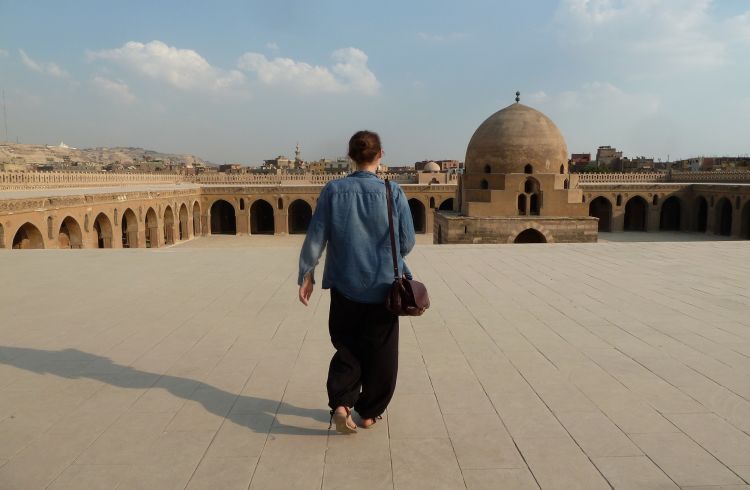
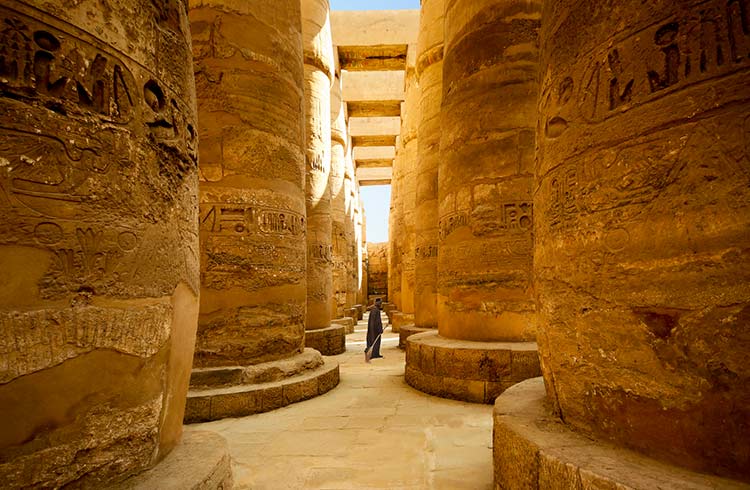
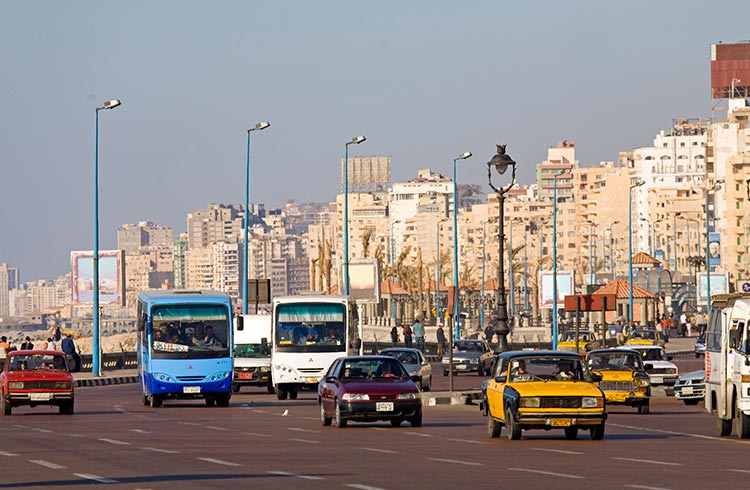
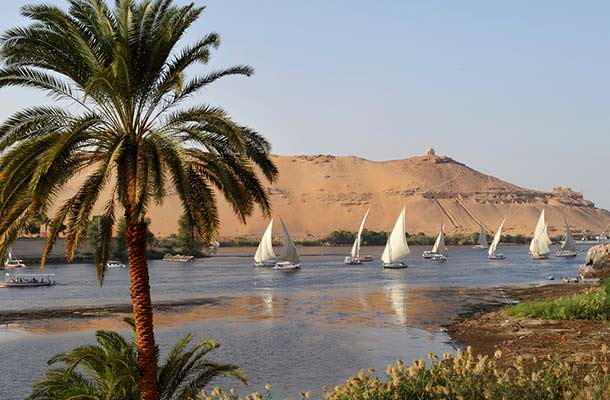
No Comments